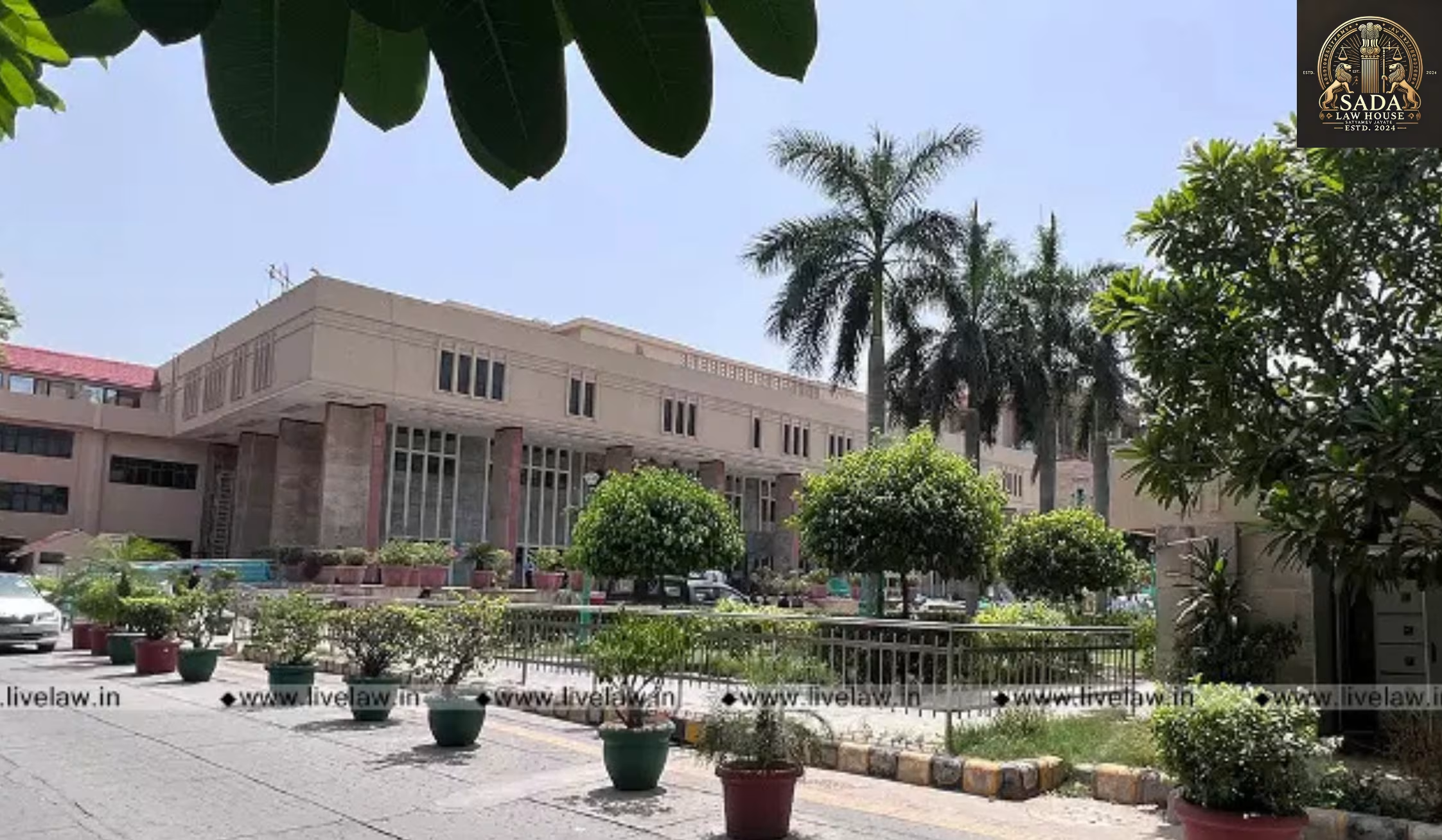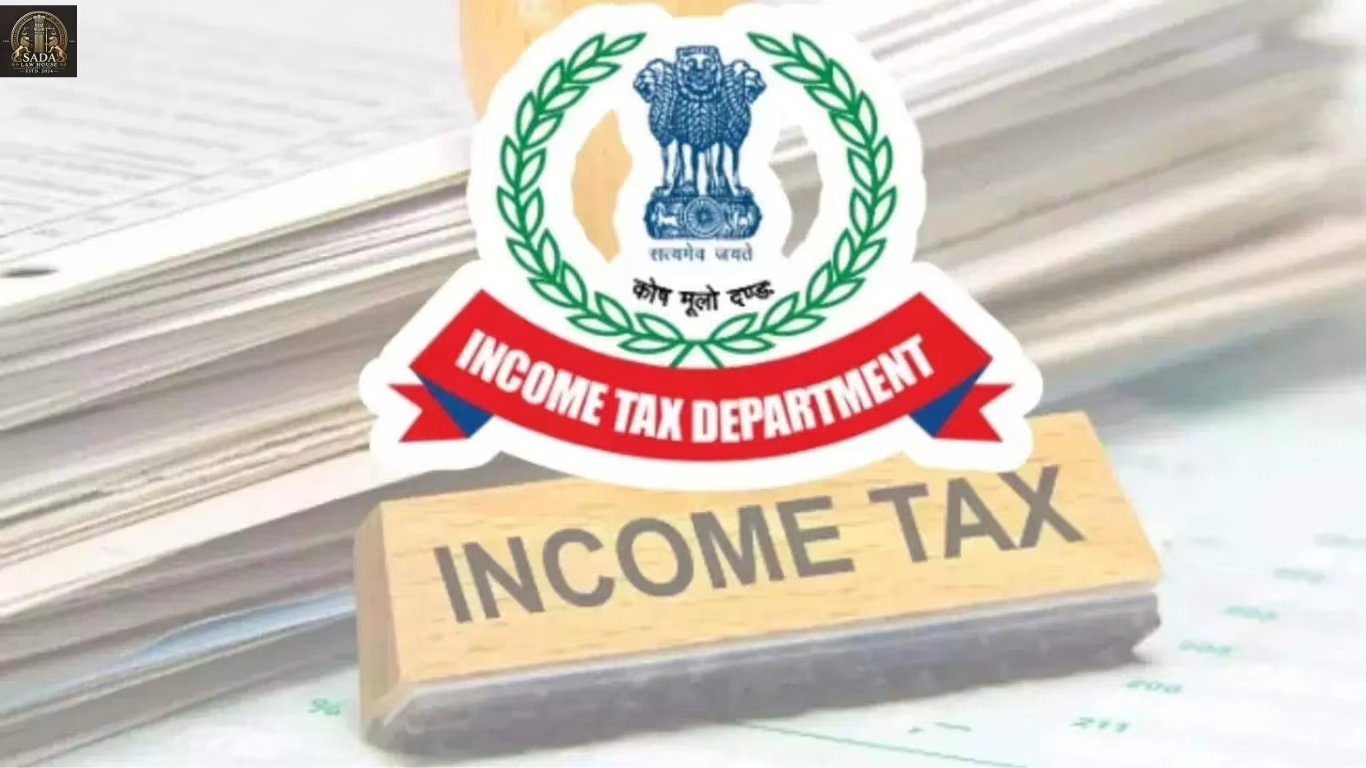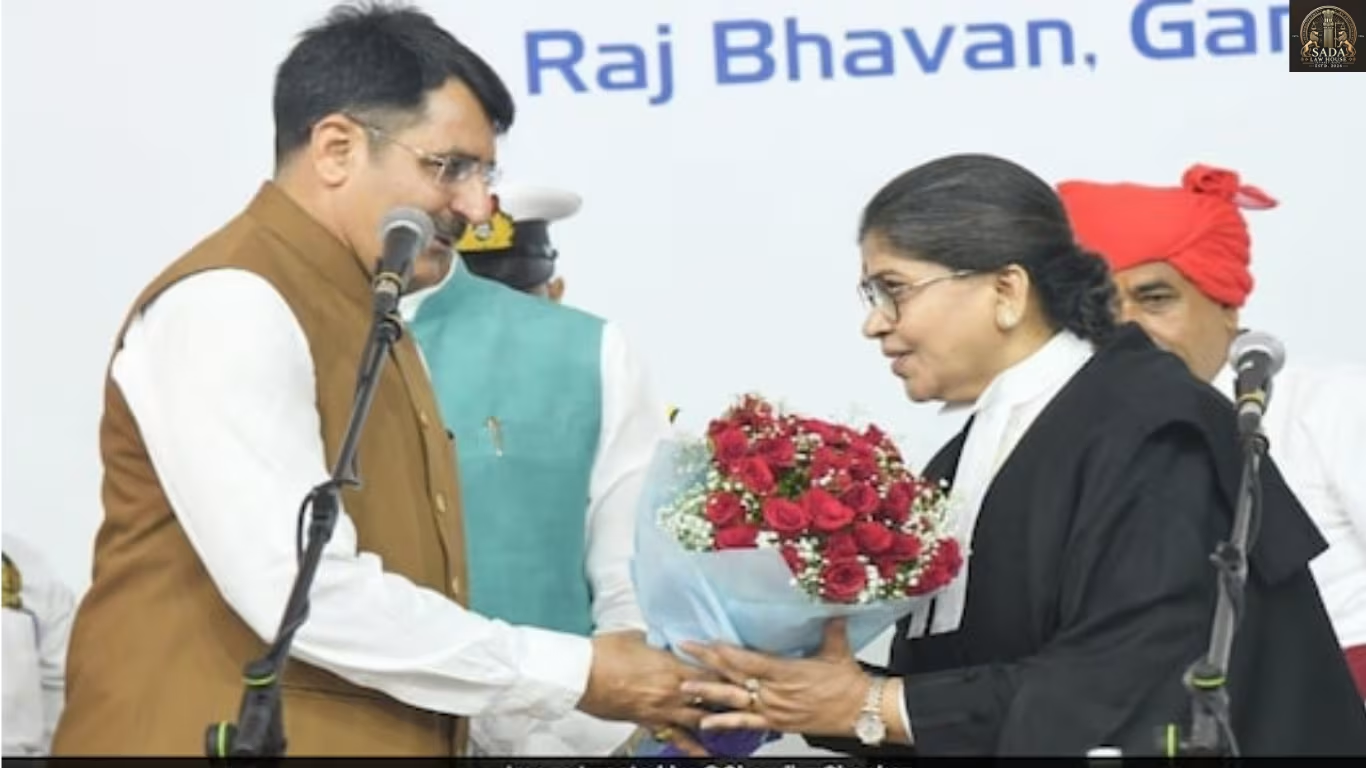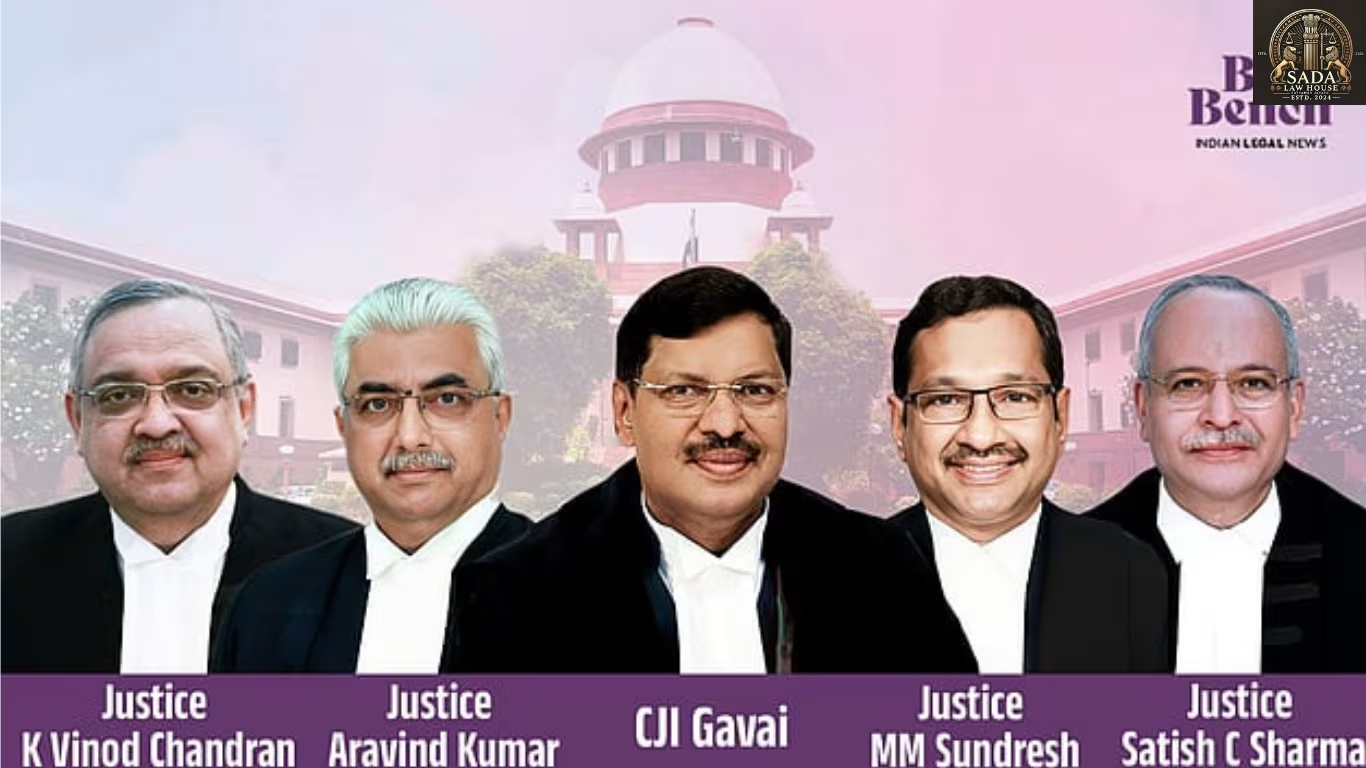CLAT PG Candidate Challenges ₹30,000 Counselling Fee in Delhi High Court, Cites Financial Hardship
- PRABHAT KUMAR BILTORIA
- 20 June 2025

A CLAT PG 2025 candidate has approached the Delhi High Court challenging the ₹30,000 counselling fee imposed by the Consortium of NLUs, citing financial hardship. Learn about the legal plea, key dates, and its broader impact on law aspirants.
CLAT PG Candidate Challenges ₹30,000 Counselling Fee in Delhi High Court
A legal plea has been filed in the Delhi High Court by a candidate of the Common Law Admission Test (CLAT) PG 2025, questioning the “exorbitant” counselling fee levied by the Consortium of National Law Universities (NLUs).
Hearing Scheduled Before Delhi High Court Vacation Bench
The issue was presented before the vacation Bench comprising Justice Prathiba M Singh and Justice Rajneesh Kumar Gupta on June 20, 2025. The court has listed the matter for a full hearing on June 23.
Petitioner Cites Arbitrary Fee and Financial Hardship
The petition was filed by Jatin Shrivastava, who secured 474th rank in the CLAT PG results. He argues that the ₹30,000 mandatory counselling fee is arbitrarily imposed and disproportionately affects candidates from financially weaker sections. Shrivastava highlighted that his family survives solely on the income of his mother, a government school teacher.
Dependence on Education Loan for LLM Admission
The plea reveals that Shrivastava plans to fund his LLM education through an education loan, which would only be disbursed after admission to a participating NLU. Importantly, the loan amount is designated to be transferred directly to the university—not to the student or the CLAT Consortium—making upfront fee payments difficult.
Breakdown of Counselling and Confirmation Charges
According to the petition, all candidates must pay:
- ₹30,000 as a mandatory counselling fee
- ₹20,000 for each round of confirmation
- An additional ₹20,000 to freeze choices
Shrivastava claims that such substantial fees have no logical justification, stating they deviate from the intended purpose of a counselling process and act as a barrier to equal opportunity.
Accusation of Discrimination and Exclusion
The plea labels the fee structure as discriminatory and disproportionate, suggesting it penalizes candidates who lack any earning capacity. This issue, the plea argues, creates a significant barrier for deserving students from economically disadvantaged backgrounds.
Parallel Petition in Kerala High Court
Interestingly, a similar petition has been submitted to the Kerala High Court. That case is expected to come up for hearing on July 22, 2025, indicating that the issue may soon gain nationwide attention.
Live Cases






